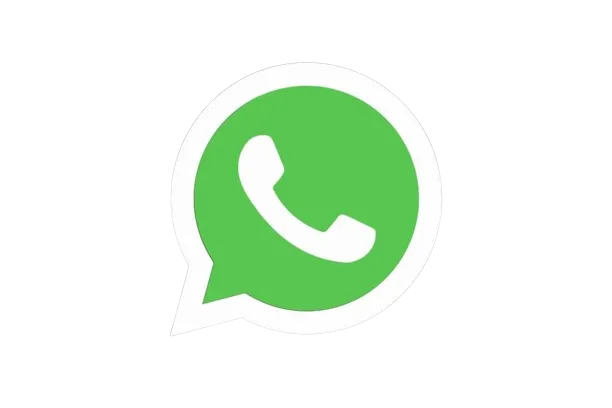Milia is most routine problem of every human and the milia are have multiple bitsy pearly white bumps, which is generally seen on cheeks, nose, eyes, forehead, neck, and chest areas of persons. A milium (single milia) is a small cyst containing protein keratin. They mainly formed when keratin produced by the skin and that keratin gets entrapped to beneath the outer layer of the skin, forming a tiny tubercle. A milium is formed only at the base of an individual hair follicle or sweat gland.
Most of the people get fed after using over-counter slipping creams for a long period. However, if you want to say goodbye to your pearly bumps sooner or milium rather than later. We at Clear Skin Laser Centre providing the best advanced Milia removal treatments without any scar or dot.
Milia are plant in all periods and both relations. They are most frequently arising on the face, generally on the eyelids and cheek, and occur elsewhere in a face.
Neonatal milia: seen nearly in half of the newborn babies; and common over around eyes, cheeks, inside the mouth. They heal spontaneously within a few weeks of birth.
Primary milia: are formed directly from entrapped keratin and are usually found on the faces of infants and adults. They occur both in children and adults. These types of milia found in infants tend to heal on their own within several weeks and found in adults tend to be long-lasting.
Secondary milia or Traumatic Milia: occur at the site of injury or burn or blistering, as the skin heals. They are formed due to the clogging of eccrine sweat ducts.
Multiple milia are formed on an inflamed or reddened and elevated area on the eyelid, behind the ear, or jaw, plaque up to several centimeters in diameter; sometimes associated with other skin diseases such as discoid lupus erythematosus, lichen planus.
Multiple eruptive milia: appear as crops of numerous milia. Most often it affect the face, upper arm, or upper trunk.
Juvenile milia: appear at birth or later in life; and associated with genetic disorders and epidermolysis bullosa.
Milia associated with drugs: rarely seen to the use of topical medication, such as corticosteroid, hydroquinone, and 5FU.
Milia do not need to be treated unless cosmetically undesired for the patient. They are usually harmless and with time resolve on their own.
Topical retinoid cream such as tretinoin or adapalene may be helpful for widespread lesions.
Minocycline has been shown to improve milia en plaque.
Series of sessions are required to be effective for very extensive milia.
Cryotherapy can be applied to destroy the lesions
Surgical removal by de-roofing using a sterile needle or blade and the contents squeezed out.
In this treatment, with special instrument the dermatologist scrap or scoop off the milia material.
With the help of radiofrequency device we can destroy the top layer of skin and later curettage the material.
Laser treatment for milia either ablation by co2 or erbium YAG is a recent and effective method to remove extensive milia.
However, milia are found in the outer layers of skin and are difficult to remove. Do not make an attempt to remove them at home as it may leave a mark or scar. The best method of removal of milia is by Ellman radiofrequency device or laser.
| DO | DON'T |
|---|---|
| Use a broad-spectrum sunscreen with SPF 30+ | Don't treat your skin with harsh chemicals and reduce sun exposure |
| Use regular exfoliatives to remove dead superficial skin | Don't consume high cholesterol foods |
| Wash your face twice daily to remove dirt with warm water. | Wash your face twice daily to remove dirt with warm water. |
| Keep the oil-free skin. | Don't sqeeze, scrape or poke the milia. |

